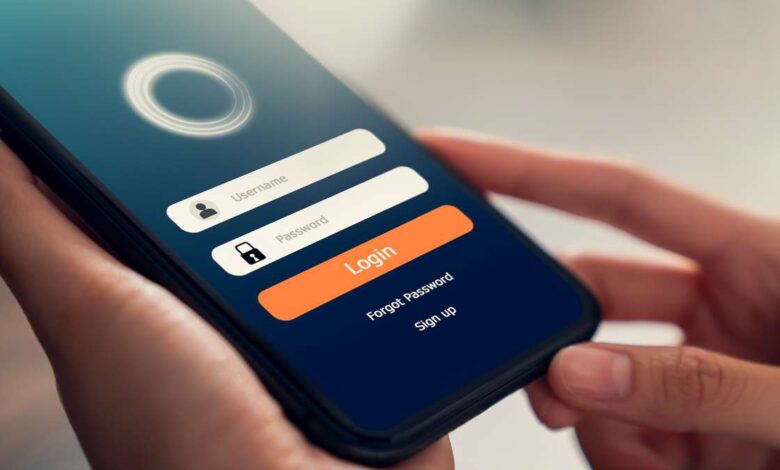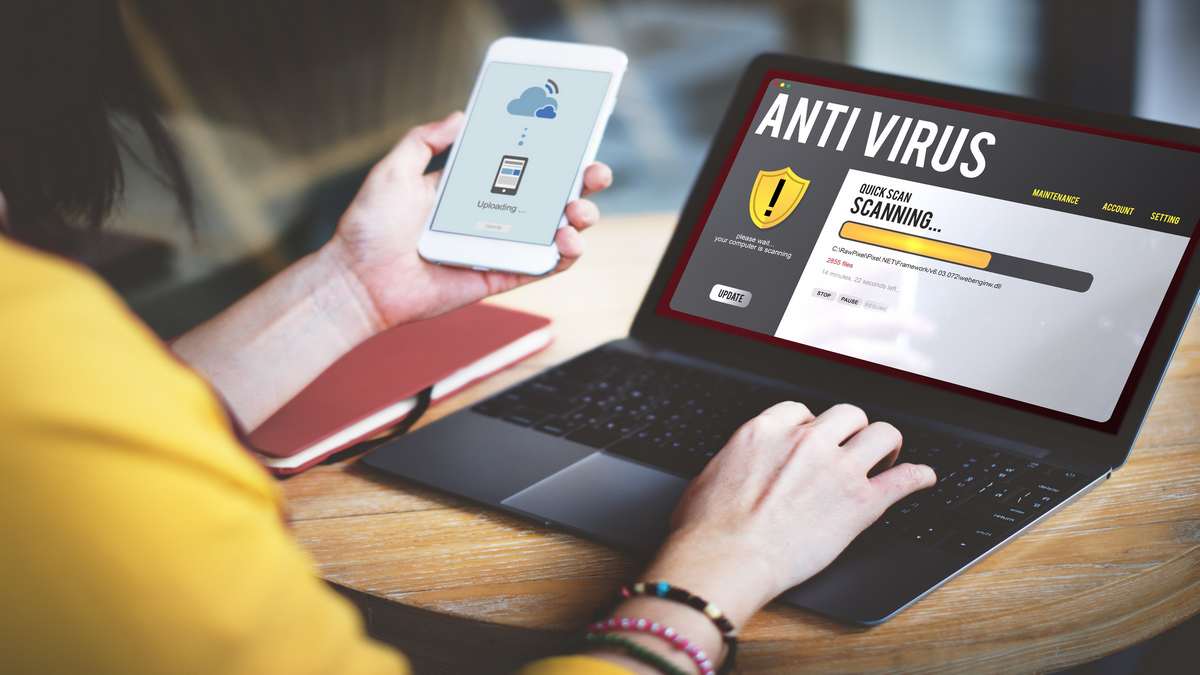6 Mobile Security Tips To Protect Sensitive Data

These days, you rely on your phone for practically everything – talking to friends and family, shopping, professional communication, and even your hobbies. To say that your life would be a mess if someone stole or hacked your phone would be an understatement.
Cyber breaches are so prevalent that data in 2021 showed that breaches in 2021 exceed the number of data compromises in 2020 by 183 incidents. The ransom has reached millions of dollars, with sensitive company data being held hostage by scrupulous individuals.
One of the most critical details gathered in these attacks is that the most apparent reason this is happening is human negligence.
There are many ways you can protect the sensitive data on your mobile device, but it’s also essential to learn some of the most recent findings so when you buy a new smartphone, you’ll know what to choose. Based on the study conducted by Rublon, the Android operating system (OS) is more attractive to hackers than iOS, the OS for Apple devices. Predictably, interest in hacking iPhones is not dying down at all. If you haven’t set up security for your mobile device, here are some tips that you can follow:
1. Set Up Two-Factor Authentication
This added layer of security determines if the person using the account is who they say they are. Instead of just typing your password, you will be prompted to provide another vital piece of information. So, in the event your phone gets in the hand of somebody with malicious intent, it wouldn’t be easy for them to gain access to your personal and financial details. A 2FA is stronger security that safeguards your data from people pretending to be you. There are many types of 2FA, and the most popular one is the one-time password (OTP) sent to your mobile device every time you try to access secure channels like payment sites or bank apps.
2. Keep Operating Systems Up To Date
Operating systems are regularly updated to fix bugs, address security holes, and clean up outdated software that’s causing your device to lag or slow down. Essentially, manufacturers try to constantly be one step ahead or mitigate the effects of a weakening security defense. As a user of their devices, you need to update to the latest version, so you’re continuously protected from cybersecurity issues.
3. Use Password On Your Lock Screen
Whether it’s a pattern, numerical password, thumbprint, or facial recognition, you need to set a security barrier so no one can gain access to the data on your mobile device. Maybe it’s not a hacker; it’s somebody you know who wants to steal a vital piece of information like photos or videos to blackmail you. For sure, you don’t want to be under the emotional stress of handling a blackmailing incident. This is a kind of harassment that can destroy one’s life. It is a scary situation to be in, not to mention embarrassing and stressful.

4. Be Wary Of Public Wi-Fi
Using public Wi-Fi exposes you to many risks. Hackers can easily intercept all data sent through public Wi-Fi. Say you want to lounge for an hour or two in a coffee shop, it would be better to remember not to open any bank apps and just read a book to pass the time. Sure, the free Wi-Fi for an hour is tempting, but remember that cybercriminals are known to proliferate in these areas to steal your bank data and your identity so they can use it in their criminal activities.
5. Install Antivirus Software On Your Phone.
Having antivirus software on your phone is highly recommended as it protects your privacy and identity and will give you the protection you need in these difficult times. Antivirus software provides a wide array of protection. One of the most essential is its ability to erase your digital footprint by shredding sensitive files and deleting cookies from sites you previously visited. Most antivirus software also ensures that your device performs optimally by deleting unnecessary, duplicate, and malicious files in your device.
6. Beware Of What You Download
Many malicious apps are disguised as legit apps but are created to phish data unknowingly from people who try to download them. Some of these apps try to gain access to sensitive information like medical records and the mental status of individuals, which they sell to third parties that may need them, which is a severe violation of privacy.
Conclusion
Having peace of mind in this modern world through securing sensitive data is what you need to avoid being a victim of cybercriminals. These people have been very creative in devising new and sophisticated ways to steal your data to be used for fraudulent activities. Safeguarding your personal information is now as crucial as ever if you don’t want to fall victim to cybercrimes happening every day.